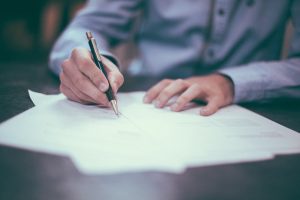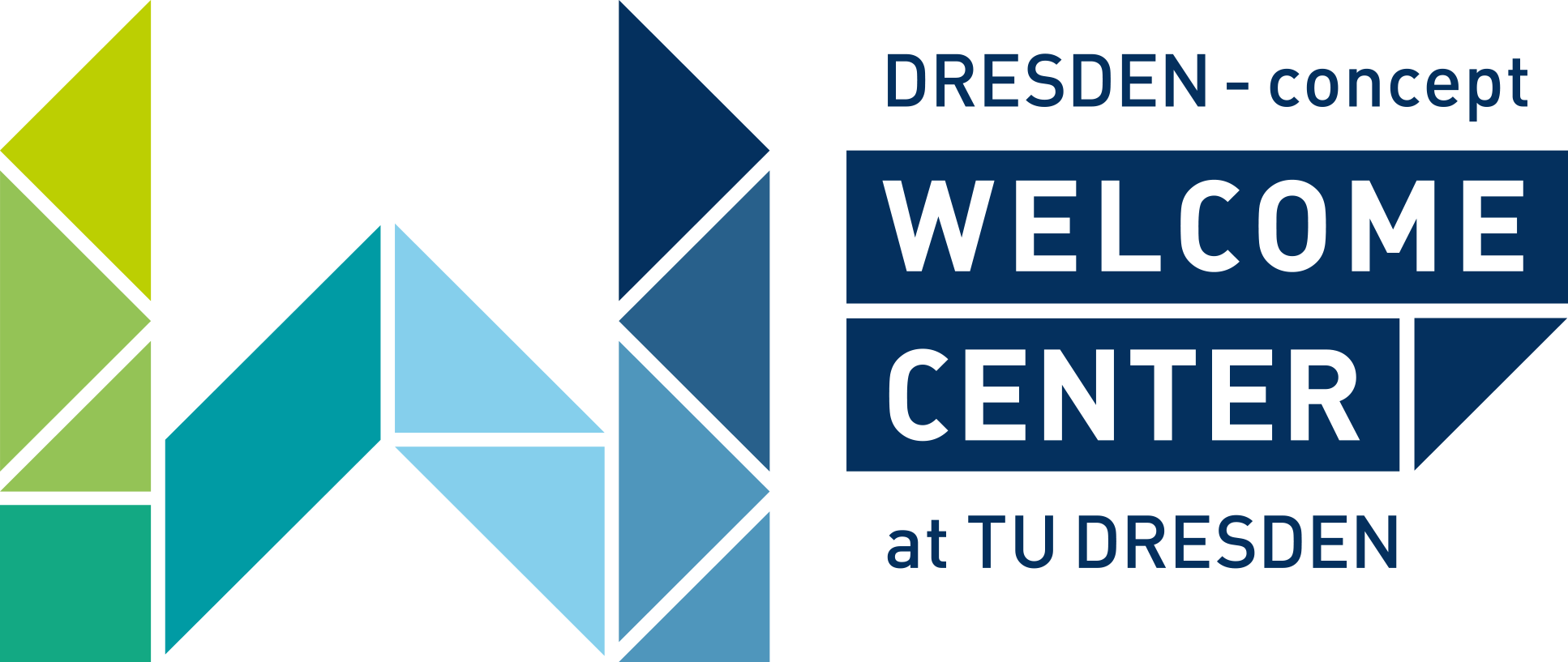 ©Euraxess |
Before first entering Germany, most non-EU citizens need to apply for a visa, while EU citizens can enter on their national ID card. Organize your visa application well ahead and make sure you apply for the correct type of visa from the very start, if you are planning to stay for longer than 3 months. Note that as a researcher – whether employed, on a scholarship or on your own expense – your occupation is considered employment (i.e. work requiring a work permit), unless you meet certain criteria. Not all types of visa include a work permit. Even if you can enter without visa in principle, you do not automatically hold a work permit, but must either apply for a visa with a work permit before you enter Germany or apply for a work permit immediately upon arrival, before you may legally start your research work at a Dresden host institution. |
For the essential information on this topic for incoming researchers, such as who needs a visa (and who does not) and which type of visa to apply for (or not) please read the corresponding section of our Welcome Guide carefully first and please do not hesitate to contact us. We will support you to the best of our knowledge.
On the following websites you can find further information:
General information about: Entry regulations for Germany and Immigrants from third countries






